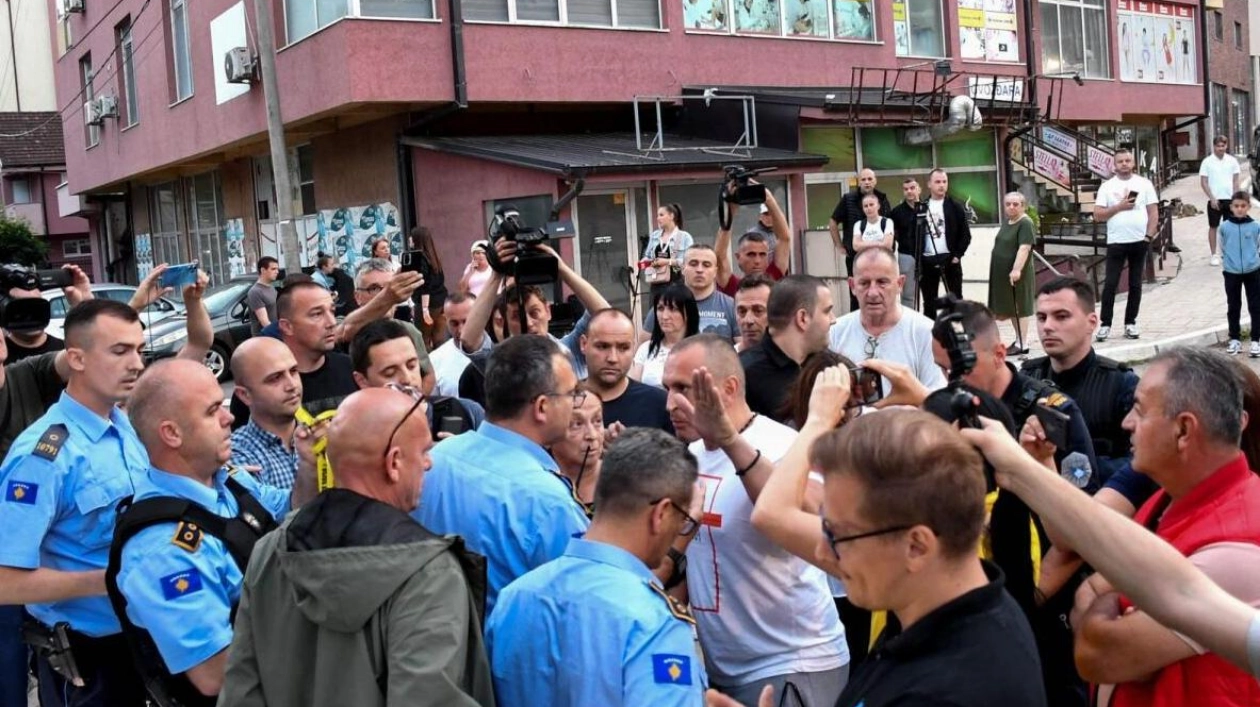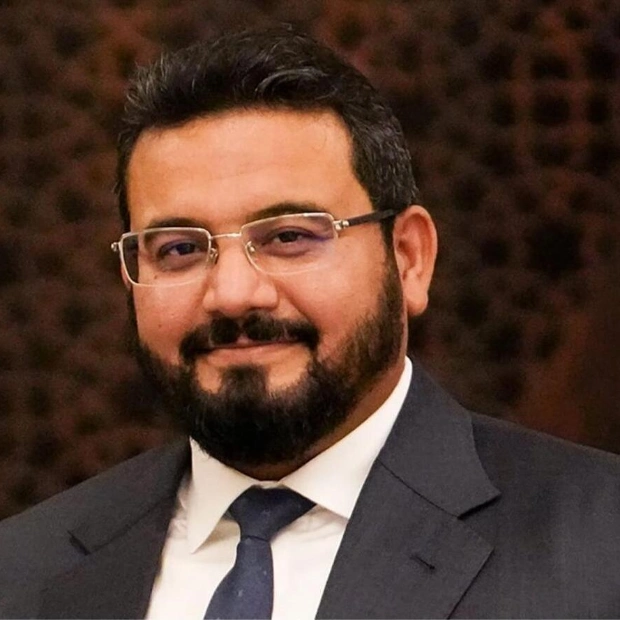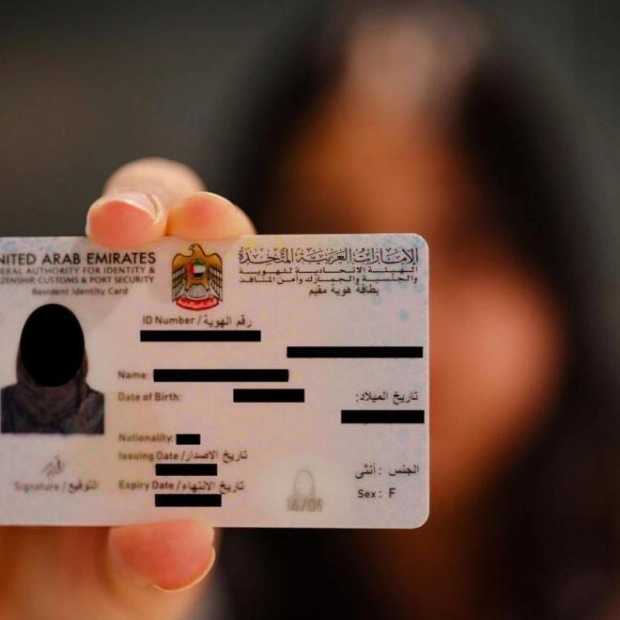A gradual and quiet exodus is steadily emptying Serb-majority regions in Kosovo, as a growing crackdown on institutions backed by Belgrade leaves some neighborhoods desolate. Although reliable data from cities like Mitrovica is scarce, residents and observers report that an increasing number of ethnic Serbs are leaving Kosovo and relocating to Serbia, as authorities shut down banks, post offices, and municipal buildings that have long supported their community.
"The Serbian people are vanishing from Kosovo. Sadly, no one maintains records," stated Momcilo Trajkovic, president of the Serbian National Forum, an advocacy group based in Gracanica, central Kosovo. "Twenty percent of students who complete middle school go on to high school in Serbia. And their parents go with them," Trajkovic added, citing one example of the exodus.
Emigration is most prevalent in the four Serb-majority municipalities near the Serbian border, whose inhabitants have largely remained dependent on and loyal to Belgrade since Kosovo's independence in 2008. Nenad Rasic, the sole Serb member of the Kosovo government, admitted there was no available data. "Regrettably, schools conceal their student numbers, following orders from Belgrade, and falsely claim that numbers are increasing—while we know they are drastically decreasing."
This growing trend follows a crackdown on the uneasy status quo that allowed a Serbian shadow state to exert significant influence in northern Kosovo. For months, Kosovar authorities have been overseeing operations and legal maneuvers to dismantle the parallel system of social services and political offices supported by Serbia to serve Kosovo's ethnic-Serb minority.
This year, Kosovo has effectively banned the Serbian dinar, closed banks reliant on the currency, and shuttered post offices where pension payments could be cashed. Kosovo Serbs can no longer drive cars with Serbian plates and must obtain local driver's licenses. These actions have angered Serbia, but Kosovo's Prime Minister Albin Kurti aims to strengthen the authority of the Pristina government following the collapse of EU-backed talks between the two sides last year.
The pressure from Pristina has further strained fragile Serb communities, who rely on jobs and handouts from the Serbian state. Animosity between Kosovo and Serbia has persisted since the war between Serbian forces and ethnic Albanian insurgents in the late 1990s. Under Kurti, Pristina has adopted its most assertive stance towards Belgrade since 2008.
For Mileva Zivkovic, a 68-year-old retiree in Mitrovica, those who could afford it left long ago, including her son who settled in Serbia. "Those who don't have the money like me have to stay here," she added. "My family hasn't left yet, and I regret that they haven't," said her neighbor Rajka, who only gave her first name.
Because Serbs have boycotted every census since 2008, it is unclear how many remain in Kosovo. The Serbian government, which likely has the most accurate demographics, has remained silent on the issue. However, an International Crisis Group report published in January stated, "Over 10 percent of Kosovo's Serbs have emigrated over the past year." Their total population has "dipped below 100,000," it added.
The European Stability Initiative think tank expressed skepticism over these findings, describing them as "a dramatic recent development" that "offered no footnotes and sources." "It was based on conventional wisdom," said the group. Milorad Petkovic, a retired metal worker, said his family exemplified the situation. "Out of nine grandchildren, only one is employed here. Two have already moved to Belgrade...others are also seeking jobs in Serbia," said the 75-year-old from Gornja Gusterica village in central Kosovo. "If we are to be left alone, it will be a difficult life."
Many Serbs blame the current Kosovar administration for their change in fortunes. "The responsibility for the situation in which the Serbs find themselves today lies with Kurti," said Trajkovic. But he and many other influential local Serbs have also directed their anger at Serbian President Aleksandar Vucic. "Vucic cannot be absolved of responsibility," said Trajkovic. "He deceived these people, he did not help them to hold steady in Kosovo, he abused them to conquer and stay in power."
Such criticism is rarely voiced openly in Serb-majority areas of Kosovo, where the long arm of Belgrade remains vigilant against dissent. "They have been taught during these 12 years of Vucic's rule to be afraid to even think, and not to say out loud that Vucic is guilty," said Nenad Radosavljevic, an activist and publisher from Leposavic in northern Kosovo. "People have to manage. They really live in fear."






